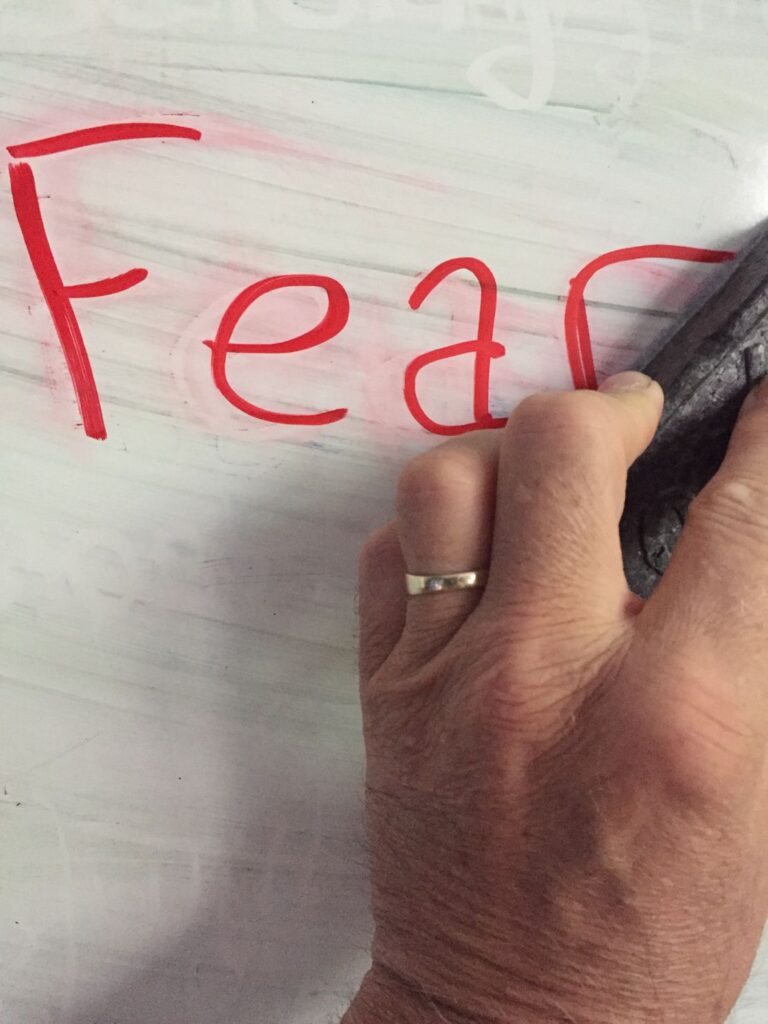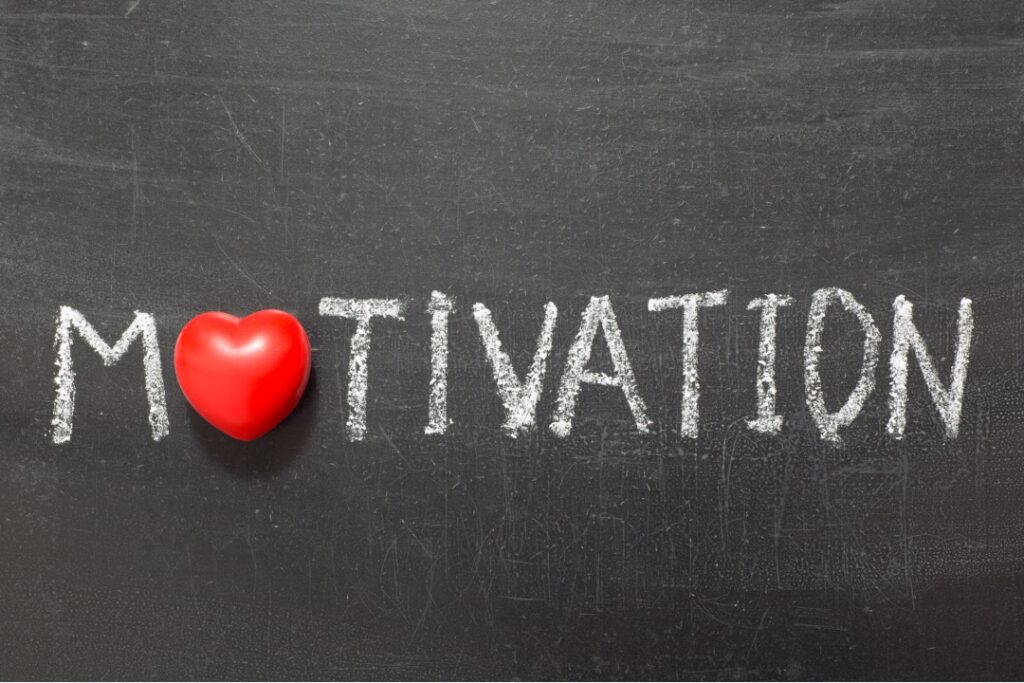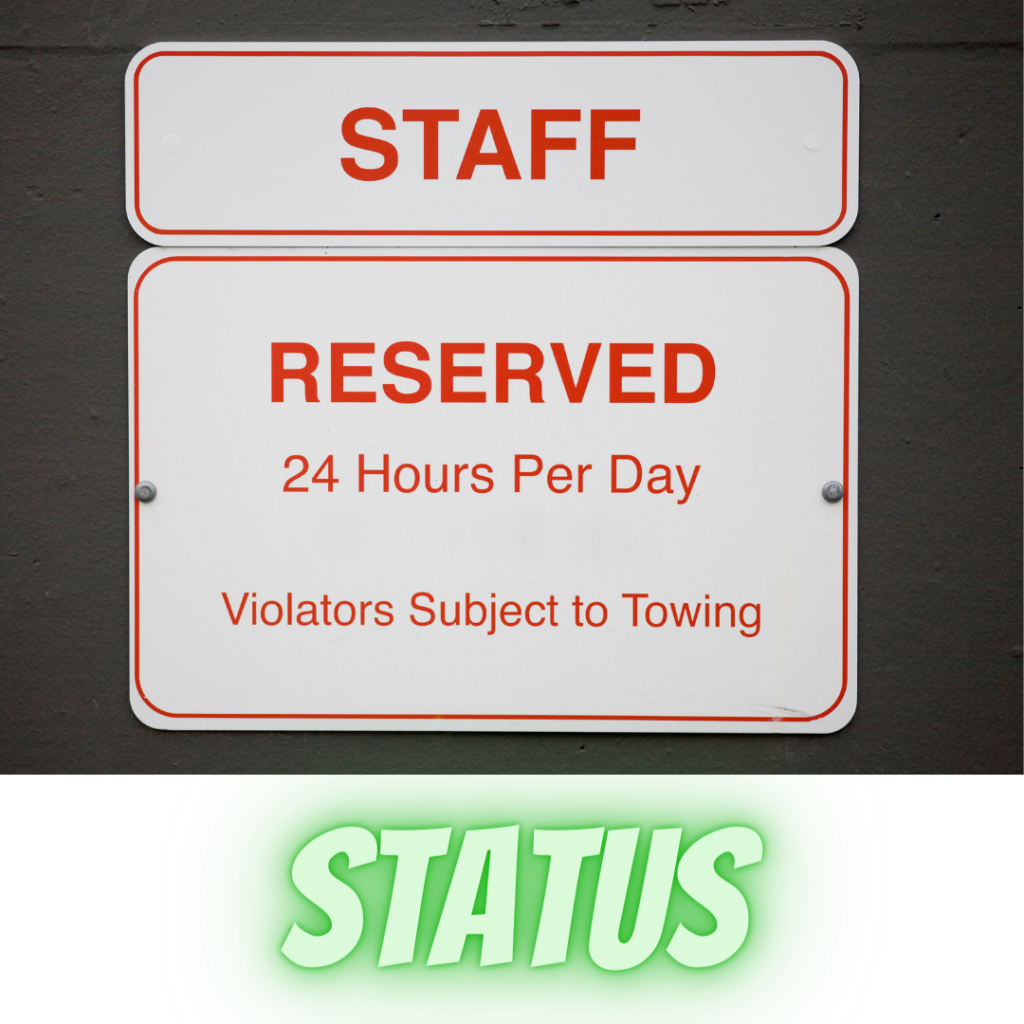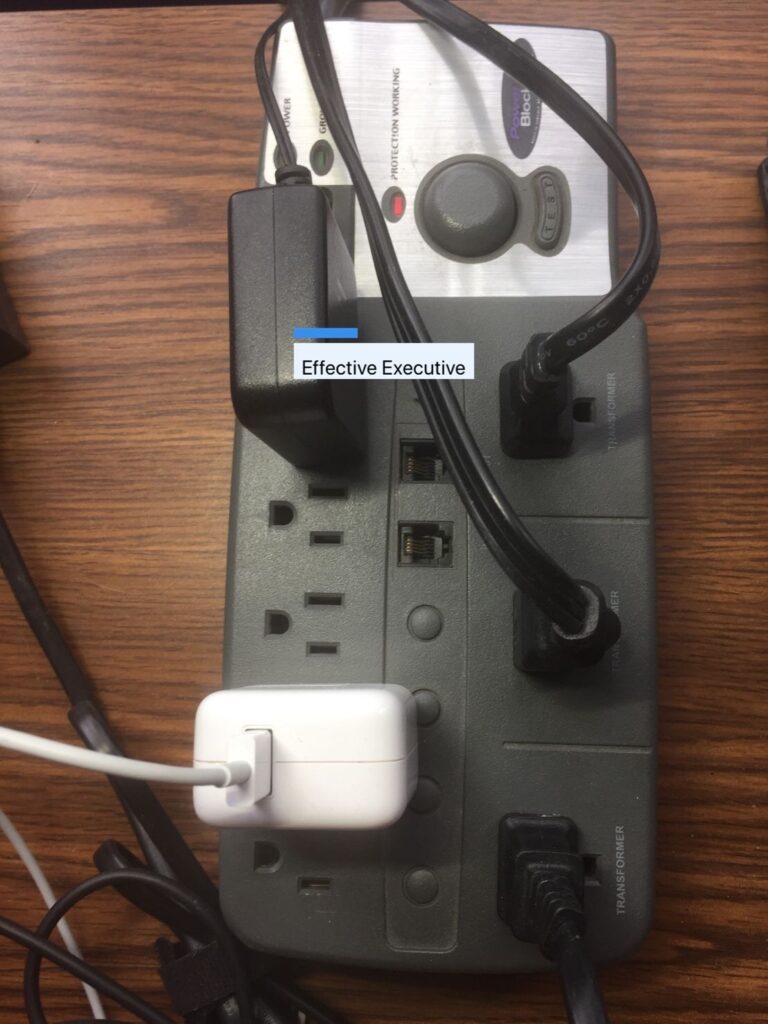
The most valuable success insight is understanding your values-system. Unless you understand your values-system, you cannot experience predictably meaningful, satisfying, and significant success. This is because your values-system determines what you intrinsically value, need, desire, and are motivated to pursue. Your values-system also is the lens you use to create your subjective experiences of what you believe is your worldview and reality. Unfortunately, most people live a trial and error pursuit of successful living and never feel like their needs are totally satisfied because they don’t know why they do what they do.
Professor Steven Reiss, Ph.D., spent decades researching what motivates humans. He created and scientifically validated a theory called, 16 basic desires theory of human motivation. His theory has since been validated and referenced by dozens of other researchers and is the underpinnings of The Science of Motivation®.
Reiss found that humans all value 16 needs. But what makes us individuals and shapes our personality is our differing amounts of these 16 needs a person needs to feel temporarily satisfied.
The graphic below details the 16 basic desires that humans value and are motivated to pursue.
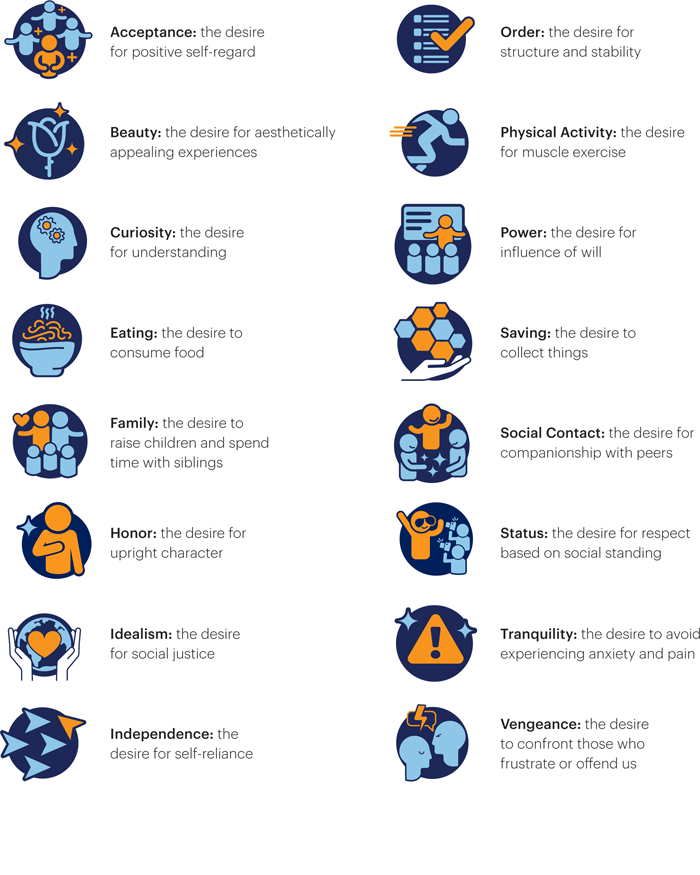
What creates our personality are the habits we use to satisfy our uniquely personal mix and our prioritization of these 16 basic human values. For example, A person who is extreme in their need for physical activity might be described as athletic. Someone else with an extremely low need for physical activity can be described as leisurely. The challenge we often face is making sense of conflicting opposite values. The athletic person might judge a leisurely person as lazy. The leisurely person could label the athletic person as a fitness nut. These values-polarities cause misjudgment, mislabeling, misunderstandings, and missed opportunities to create relationships because our primitive limbic system in our brains judges values differences as threatening to our well-being. When it comes to our values, opposites do not attract, they are motivated to argue.
Professor Reiss created a simple online assessment called a Reiss Motivation Profile® that provides you with a detailed blueprint of your values-system that creates your nature, personality and motivates your habits. With the insights gained from an RMP, you can understand what you value the most. How your values compare to other people. Why you feel compelled to do what you do. What creates your greatest satisfaction and frustrations. Why you argue with or avoid other people. What roles and environments will you thrive or wilt in. And much more.
The most valuable success insight you need to know is a clear understanding of what you value most and need most to feel successful. The Science of Motivation® has the answers you need to succeed.
I have personally helped nearly 2,000 business professionals learn to honor their core nature and understand their values-system. As they increase their motivational intelligence, they learn how to create sustainable and life-affirming habits that are most satisfying of their needs. They create ecosystems where they can thrive. They understand how to form more productive relationships with other people, including people with opposite worldviews. They become more compassionate and empathic people with who others enjoy working.
The secret to success and to a meaningful life is simply to do what makes you feel successful and what you find most meaningful most often. A Reiss Motivation Profile® provides you your most valuable insights on what you find most valuable.
I would welcome an opportunity to help you increase your motivational intelligence @ work! Let’s have a conversation about motivation. It’s why we do what we do.
Views: 95

